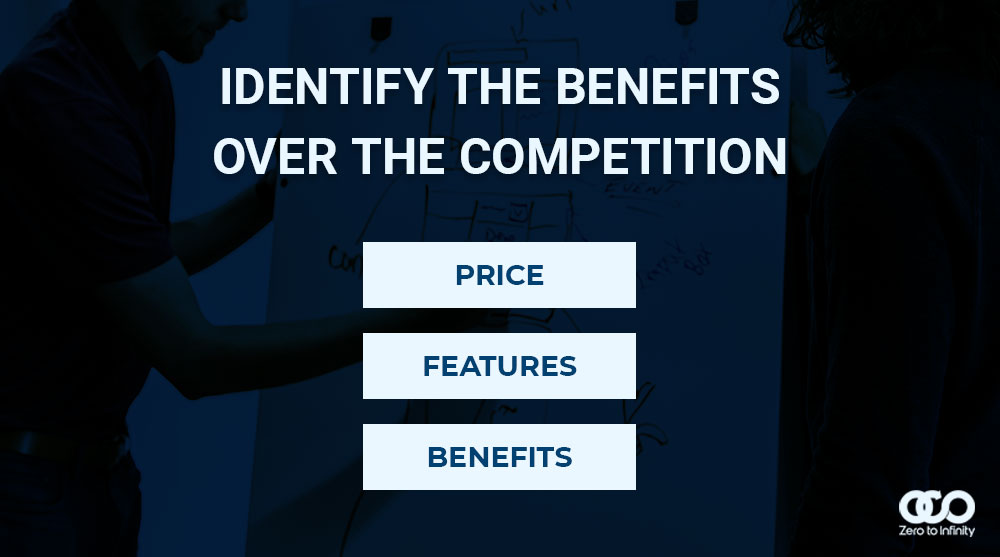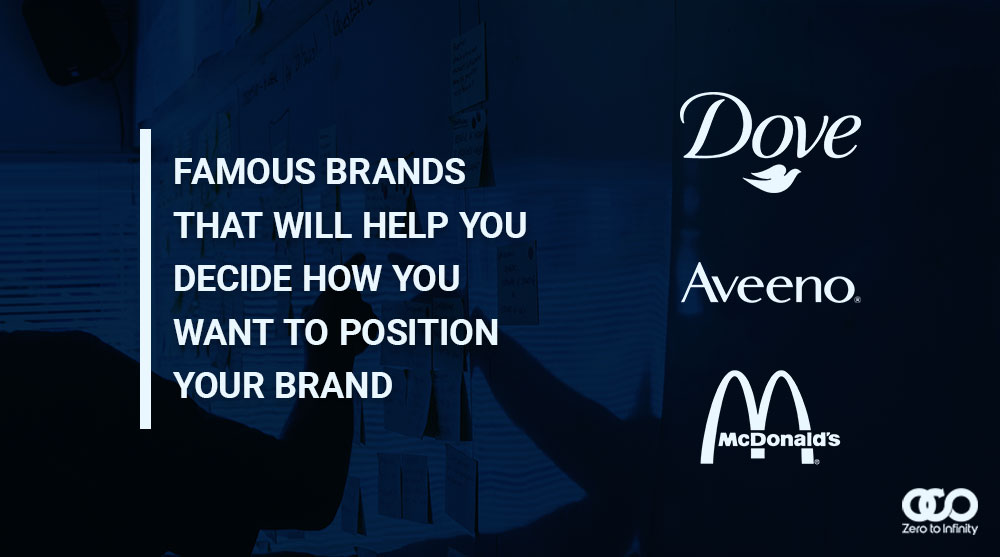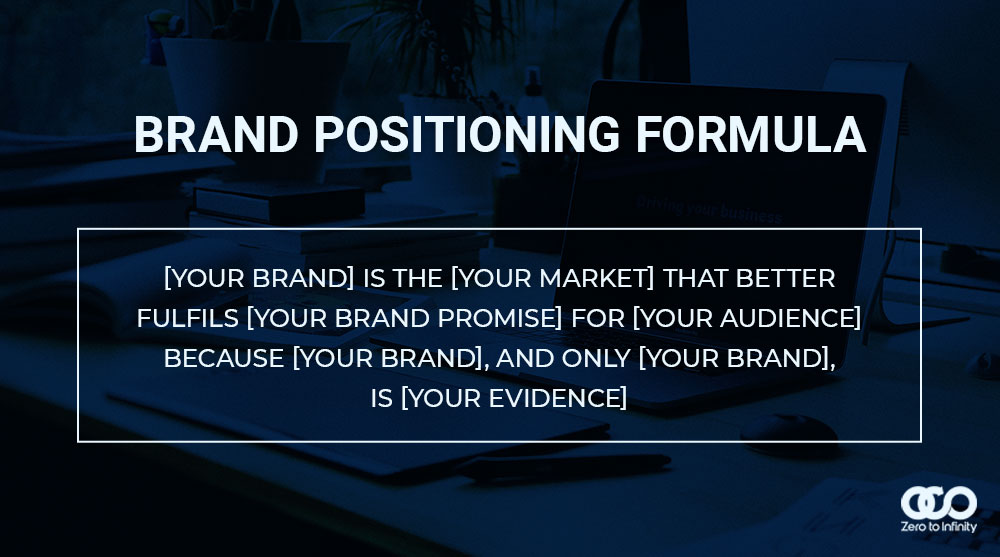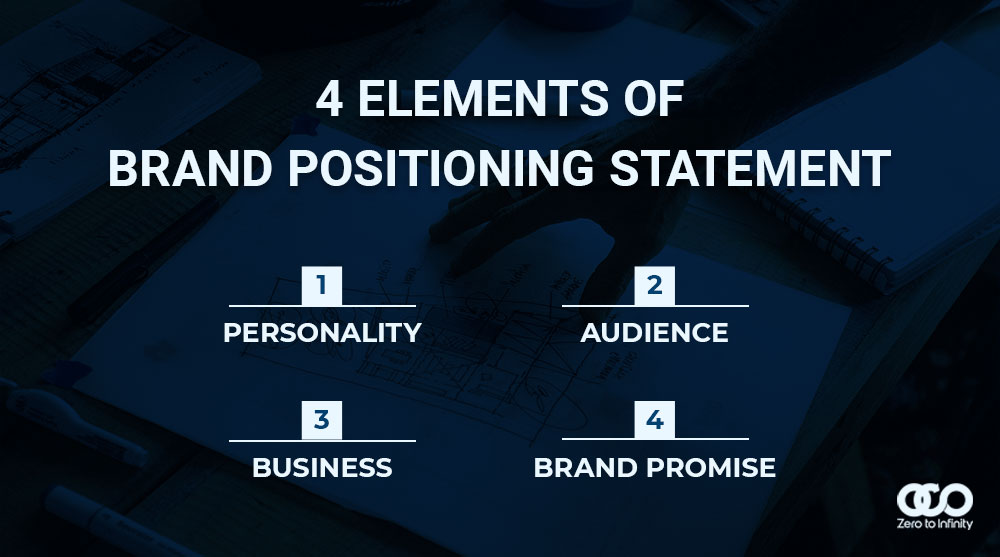Brand Positioning Statement
The brand positioning statement will form the foundation for your work – whether you build a new brand or redesign an established brand. This provides the basis of the marketing process and teaches you all about the way you answer your phone in the workplace from your production and promotional strategies.
What is a brand positioning statement?
A brand positioning statement reveals just what the business does, with whom, and what separates you. It is the concept to create a special niche within your category for your brand in the consciousness of customers. Since you can sell on a large market and offer various advantages, your consumers are preferably aware of the one main distinctive advantage which other advantages support.

Now you might not know what the brand positioning process is, so we’ll get into details on that:
- Confirm your business competitive perception
- Identify the benefits over the competition
- Choose competitive benefits which determine your niche market
- Establish your technique for positioning
- Communicate and enforce the plan for positioning
Confirm your business competitive perception
You need a clear view of the target market at the outset of the positioning process and responses to the following questions:
Do you wish to take this role in some good, service, or segment of business (also called the “frame of reference”)?
- What section goals are your priority on your positioning?
- When making buying decisions, what considerations do these consumers evaluate?
- What do these consumers see in your segment competitors?
If you have no answers to those questions, you should consider undertaking formal or informal marketing studies to better understand your target market and its complexities. Some advertisers may have time and money to perform comprehensive testing, and others will need anecdotal discussions with potential buyers and their own knowledge. In any case, the customer is at the core of the marketing mix, so knowing which customer you are aiming for is the only starting place.
Identify the benefits over the competition
A competitive advantage is a feature, consistency or ability to outperform competitive results. You have an edge in purchase choices for your product, service or brand over others. From and or any of the following will come competitive advantage:
Price:
Somehow you can have the equivalent performance at less expense than competitors in the manufacturing or supply chain.

Features:
It is possible for you to provide features tangible or intangible to your competitors: more colours, more flavour, smarter style, quick distribution, customized service, etc.
Benefits:
Consumers that their rivals do not want will be presented with exclusive benefits. The benefits are immaterial strengths or effects as your customer makes use of your bid. E.g. saving time, comfort, increased control, pleasure, relaxation, more decisions, better feeling, being more appealing, etc.
Build a list of items which vary in a positive way from competitors. Figure out which of these factors are also strategic advantages: the factors that help you compete well and make the product, service or brand more suitable for consumers.
In general, competition can be reasonably quick to weaken prices or match the functionality such that a sustainable competitive edge is difficult to retain in any of these fields. The most likely gains are the intrinsic strengths and performance that are harder to meet for competitors, who are markedly leading in products, service and labels.
Choose competitive benefits which determine your niche market
A selection of alternative positioning tactics you might follow for your product, service, or brand is your list of strategic advantages. The next step is to analyze how those considerations suit your wider strategic views of the consumer. Your aim is to select a positioning strategy that offers you a special and respected market position that competitors do not answer.
For this step, a perceptual map is a great tool. Based on the main criteria that strongly affect consumer choices, perceptual maps build a description of how different competitors are placed in the market.
Establish your technique for positioning
With your strategic advantages established and details about how your rivals are placed, you are able to assess and pick your positioning plan. This is the decision you make about how, precisely, you plan to put your bid compared to the rest of the market. How are you going to be different and better?
Strong positioning is easy: it relies on a single, effective and essential idea for the consumer. It takes advantage of the most promising strategic advantage to carve out a niche that can fill you more than anybody else. Your positioning approach places this strategic edge in the sense of your competitive set: it demonstrates what makes you stand out from the field. Maybe you’re offering an emotional gain that your target demographic doesn’t get somewhere else. Maybe you’re the best choice for geeks if you sell certain electronic products.
Your magic touch will be the base of your positioning, so take advantage of that.
Communicate and enforce the plan for positioning
To communicate your positioning strategy, we start creating a positioning statement and to make sure everyone understands how and where your offer fits the market internally throughout your organisation. Your position builds on competitive advantage and it is vital that your positioning fulfils the expectations of the customers. You should build your position plans to last for the period that they are tailored to represent shifts in your business set, target sector, consumer dynamics etc. from time to time.
Here are some examples of famous brand positioning that will help you decide how you want to position your brand:
Dove
The Dove brand is well defined by its role against the competition. Their new ads have called attention to the innate attractiveness of women. Women were able to describe themselves to the portraitist, and the portrait ended up drawing women that were much prettier according to their descriptions. You see this in their “Real Beauty” ad. They used the emotional aspects and used it to their advantage.

McDonald’s
McDonald’s is the king of the fast-food industry. They mostly focus on providing excellent service and fast food. They show the same consistency in thousands of locations, and that’s a pretty good thing because it can be hard to keep it the same when you have that many locations. They strive to make customers happy and always improve their operations. That alone is what set them apart from their competition.
Aveeno
Aveeno believes that women can be beautiful naturally but they could still use a little help to make sure women can retain their natural beauty. Their products are all about skin and hair products, which women are obsessed about to maintain natural beauty. Unlike their competition, their ingredients are high quality (sourced from nature itself), go through rigorous testing *They don’t test on animals which is a plus for animal lovers* and most professionals can recommend them due to how safe and effective the products are.
Since we are continuing with famous brands, let’s take a look at a couple more brands and their positioning statements.
What is the brand positioning statement of Coca-Cola?
Coca-Cola provides a wide variety of the most refreshing choices for people looking for high-quality drinks, each providing a meaningful experience for clients while they enjoy a drink from the Coca-Cola brand. Coca-Cola products, as opposed to other drink choices, promote satisfaction and make a meaningful difference in customer lives and concentrate the company on customer and consumer desires.
What is the Disney brand positioning statement?
Walt Disney World is an amusement park for the young and young at heart that best provides an interactive, magical experience because Walt Disney World and Walt Disney World alone ties you with the most desired characters and environments that we all want to live in.
What is Nike’s positioning statement?
Nike offers consumers with premium-selling sportswear and athletic shoes made of the finest quality fabrics for athletes in search of high-grade, trendy sportswear. Its products are the most innovative in the sportswear industry thanks to Nike’s dedication to creativity and investment in state-of-the-art technology.
What is Apple’s positioning statement?
Apple dominates the technology field with the most innovative products for customers who want the latest personal computer or mobile device. Apple highlights technology research and innovation and adopts a creative approach to best practises — the effect on its consumers and the world of our goods and processes.
What is Amazon’s positioning statement?
Amazon operates a one-stop shopping platform for shoppers who wish to buy a vast variety of items online for fast shipping. With its brand obsession, zeal for creativity and dedication to organisational excellence, Amazon separates itself from other online retailers.
What is Starbucks positioning statement?
The positioning of Starbucks concentrates on consumer experience. One of its great traits was to place the name of the customer on the glass for distributing his drink, which was part of the personality/culture of the company and created millions of posts across different social networks. What the brand wants to do is to make it as easy as possible to buy a coffee while having a good experience.
How do you write a brand positioning statement?
You probably want to start off with a positioning statement template so that you’ll know how to write a statement and figure out what your tagline would be as well. There are many variations online but the main points address the targeted audience, address what their needs are, your business tells them how you can solve their problems and how you plan to deliver on your promises.
Once you are done with the template, now you need to get started on a brand positioning formula that makes sense for your brand. The formula would look something like this:

[your brand] is the [your market] that better fulfils [your brand promise] for [your audience] because [your brand], and only [your brand], is [your evidence].
Now that we have those two ready to go, you are now ready to write your positioning statement. A well-written brand positioning statement has 4 elements. Let’s dig in a little deeper of the 4 elements of a positioning statement.
What are the 4 elements of the positioning statement?
- Personality — what is and how would you like to reflect your brand personality?
- Audience — who are the listeners, and what are their problems?
- Business — in which market segment does the brand fit?
- Brand Promise — What does the brand promise to deliver to your customers? What are the advantages of your brand?

Summary
And there you have it: how you will compose and review and rework your brand positioning statement and many wonderful examples to spark your imagination.



